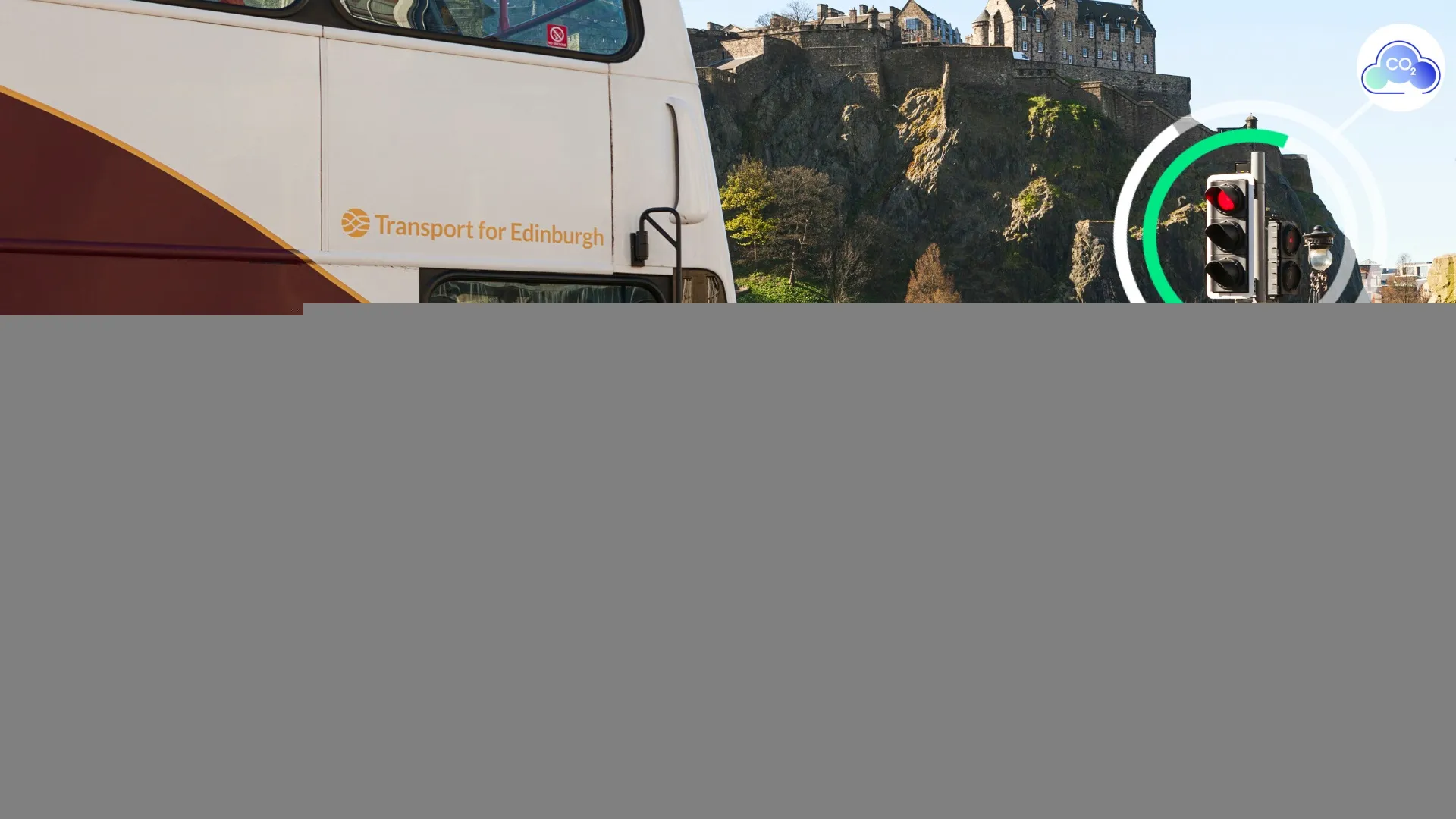Given the recent position from the European Court of Justice on nitrogen dioxides (NO2) levels within UK cities,
uTraq integrates with the existing traffic management systems of urban and municipal authorities, enabling them to enhance their management of traffic flow and to improve air quality, as well as reducing traffic delays and congestion. NO2 is one of the major transportation related emissions which is addressed by the uTraq system, which TRL says has the potential to deliver an effective and coordinated approach to the reduction of nitrogen dioxide levels within UK cities.
Current traffic management systems do not have air quality information to drive their strategy decisions so cannot support emissions based policies. uTraq breaks new ground by bringing air quality and weather monitoring systems, modelling / traffic forecasting tools and adaptive traffic management systems into one single user-centric, intelligent, integrated solution.
TRL is leading the demonstration of the uTraq system across three local authorities in the UK as part of the project and is currently seeking authorities who would be interested in being part of a second wave of demonstration pilots.
Initially, uTraq will integrate with the TRL SCOOT traffic management system, but it is designed with a system architecture that can support other traffic management systems in future developments.









